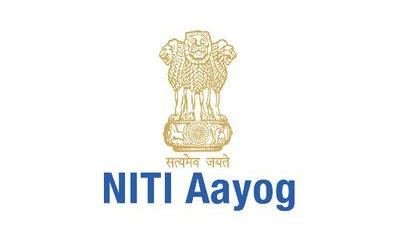Chennai: India's e-commerce exports, which currently account for $2 billion, could capture an even bigger share of the $8 trillion global B2C e-commerce market by the end of this decade, given regulatory support, Nithi said.・Mr. Aayog points out.
The majority of MSME exporters have a revenue of around Rs 1,000 crore and it is feasible to use e-commerce to lower customer acquisition costs.
India's e-commerce exports were valued at $2 billion, representing 0.5% of the country's exports and 0.25% of the world's B2C e-commerce exports. This is primarily due to a lack of channel awareness and regulatory policies that do not adequately support the nature of the business.
“However, India has immense potential to significantly expand its e-commerce exports in the coming years,” said Niti Aayog.
According to forecasts, e-commerce exports could grow to $350 billion by the end of this decade, accounting for one-third of exports, as the global B2C e-commerce market expands to $8 trillion.
China's MSMEs already export goods worth over $200 billion through e-commerce platforms, while India's e-commerce exports are only $2 billion. One of the main reasons for this gap, according to Aayog, is that the compliance processes related to exports are cumbersome and especially difficult for new or small exporters, especially when it comes to payment reconciliation.
To promote e-commerce exports, create a distinction between Exporter of Record (EOR) and Seller of Record (SOR), allow invoice reduction for all e-commerce exports without a percentage cap, and It is essential to introduce financial adjustments. Process for e-commerce exporters, exempting import taxes on rejections or returns, considering waiving adjustment requirements for shipments up to $1000 until the National Trade Network is implemented, and green channel clearance for e-commerce Founding of.


